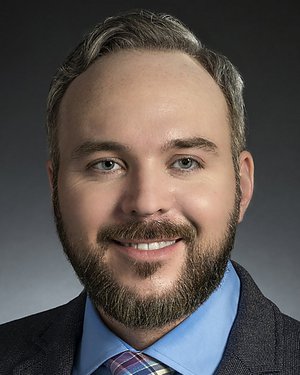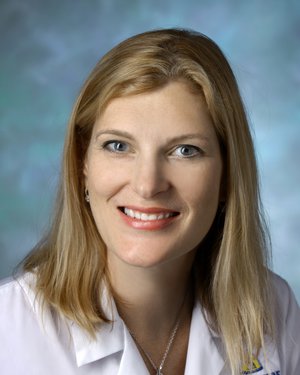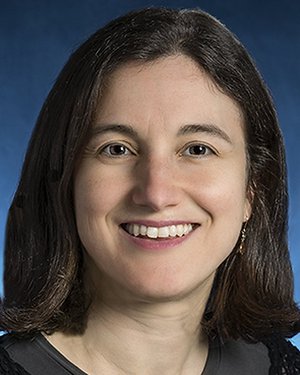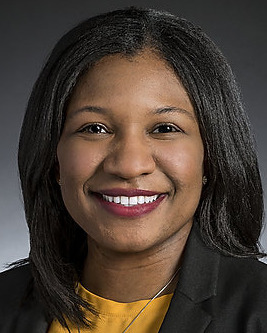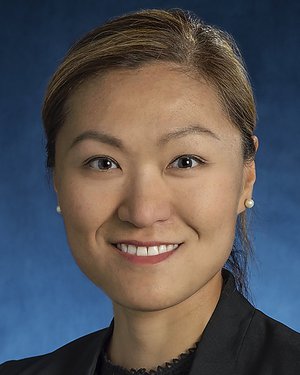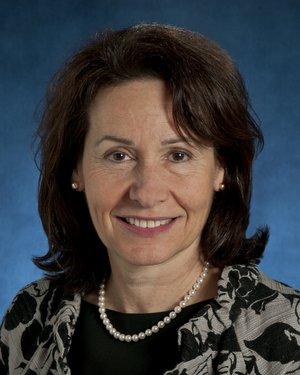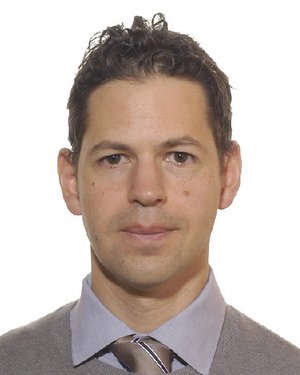Find a Fellowship
Results
-
Cytopathology Fellowship
- Location:
- The Johns Hopkins Hospital
- Accrediting Body:
- ACGME Accredited
- Duration:
- 1 year
- Program Contact:
- Shirley Long; salong@jhmi.edu
The fellow will gain advanced experience in diagnosis, teaching and research in clinical cytopathology. Diagnostic material consists of a wide variety of gynecologic and nongynecologic specimens. Performance of superficial fine needle aspirations and on-site assessment of superficial and image guided deep aspirates provides the trainee with extensive expertise in this popular technique. Fellows are given increasing responsibility in cytopathology sign-out as they acquire experience and participate as instructors in an internationally acclaimed continuing medical education program.Program Director(s)
-
Dermatopathology Fellowship
- Location:
- The Johns Hopkins Hospital
- Accrediting Body:
- ACGME Accredited
- Duration:
- 1 year
- Program Contact:
- Marsha Mackey; mcunnin5@jhmi.edu
This one-year ACGME-accredited fellowship program in dermatopathology is designed for fellows who are board eligible or board certified in pathology or dermatology. Two ACGME-accredited fellowship appointments are available with one fully funded position available per year. The caseload comprises routine cases generated from the Johns Hopkins Department of Dermatology and other Johns Hopkins clinics and consults from outside practices, both nationally and internationally.Program Director(s)
-
Genitourinary Pathology
- Location:
- The Johns Hopkins Hospital
- Accrediting Body:
- Non-Standard
- Duration:
- 1 year
- Program Contact:
- Nancy Nath; nnath2@jhmi.edu
This is a one-year position combining clinical and research experience. There are typically four full-time fellows. The material comprises radical prostatectomy specimens, teaching sets covering the entire spectrum of urological pathology and an active personal consult service with over 45 cases per day. A major role of the fellow is in participation in the research projects covering diverse subjects relating to genitourinary pathology.Program Director(s)
-
Hematopathology Fellowship
- Location:
- The Johns Hopkins Hospital
- Accrediting Body:
- ACGME Accredited
- Duration:
- 1 year
- Program Contact:
- Nancy Nath; nnath2@jhmi.edu
This is a one-year ACGME-accredited fellowship that emphasizes diagnostic aspects of hematopathology. Candidates must be board eligible or certified in either anatomic pathology or anatomic and clinical pathology; combined training is preferred. The fellow is trained in morphologic examination of blood, bone marrow and lymph nodes, with emphasis on ancillary techniques. The fellow has direct responsibility for flow cytometry and immunocytochemistry, and gains experience in cytogenetics and molecular pathology. In addition, the program includes exposure to coagulation and other aspects of laboratory hematology.Program Director(s)
-
Molecular Genetic Pathology Fellowship
- Location:
- The Johns Hopkins Hospital
- Accrediting Body:
- ACGME Accredited
- Duration:
- 1 year
- Program Contact:
- Penny Spencer; pspence3@jhmi.edu
The molecular genetic pathology fellowship trains individuals for academic careers including molecularly oriented clinical research, development of molecularly based diagnostic technologies and disease-oriented basic research. Training consists of a didactic course in molecular biology, introductory rotations through selected basic and applied laboratories and an in-depth clinically oriented experience under the direction of a faculty mentor, all aimed at developing clinical competency. Fellows will incorporate genomic and proteomic approaches into their clinical and research training.Program Director(s)
-
Neuropathology Fellowship
- Location:
- The Johns Hopkins Hospital
- Accrediting Body:
- ACGME Accredited
- Duration:
- 2 years
- Program Contact:
- Karen Fisher; kfisher3@jhmi.edu
This fellowship focuses on the neurobiology/neuropathology and pathogenic mechanisms involved in illnesses, particularly amyotrophic lateral sclerosis, Alzheimer’s disease, Huntington’s disease and Parkinson’s disease. Our group has examined in vitro and in vivo experimental systems emphasizing animal models of neurodegenerative diseases, gene targeting and transgenic approaches. Other priority areas are neurotrophic factors and their influence on injured neurons; the biology of brain tumors with an emphasis on the roles of specific genes in neoplasm and mechanisms of cell injury in hypoxia-ischemia.Program Director(s)
-
Renal Pathology
- Location:
- The Johns Hopkins Hospital
- Accrediting Body:
- ACGME Accredited
- Duration:
- 1 year
- Program Contact:
- Marion Eggleston; meggles1@jhmi.edu
The fellowship's clinical experience includes evaluation of transplant and nontransplant renal specimens using light, immunofluorescence and electron microscopy. The service evaluates 1,400-1,500 renal biopsies per year; faculty include three academic nephropathologists and a senior laboratory manager. The fellowship is designed to provide graded clinical responsibilities, including on-call coverage as the trainee gains experience.Program Director(s)
-
Transfusion Medicine Fellowship
- Location:
- The Johns Hopkins Hospital
- Accrediting Body:
- ACGME Accredited
- Duration:
- 1 year
- Program Contact:
- Nancy Nath; nnath2@jhmi.edu
This fellowship is offered jointly by the Transfusion Medicine Division and Hemapheresis and Transfusion Support (HATS) of The Johns Hopkins Hospital Department of Pathology, with rotations at the American Red Cross blood services headquarters in Baltimore, the Immunogenetics Laboratory of the Johns Hopkins Department of Medicine and the Cellular Therapy Laboratory of the Johns Hopkins Sidney Kimmel Comprehensive Cancer Center. A clinically oriented research project is an integral part of the first year and may be continued during the optional second year. The second year prepares the fellow for an investigative career in transfusion medicine.Program Director(s)

